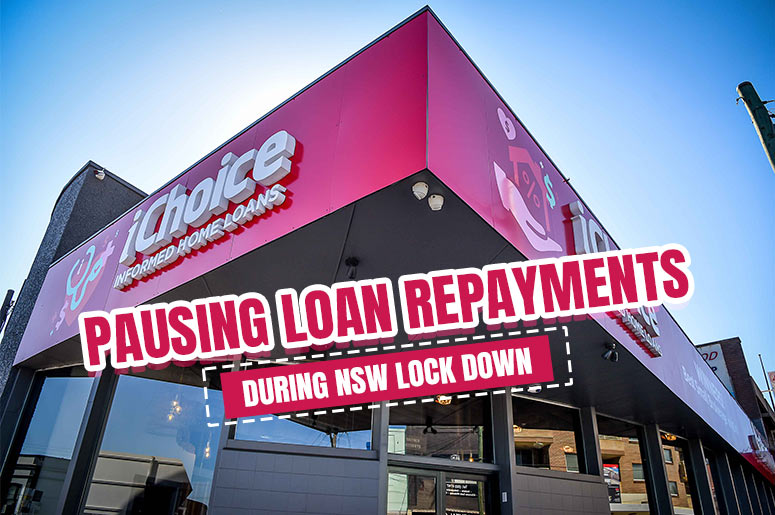
So 2 more weeks at least, hmm. But I was glad last week to see Anna Bligh from the Australian Banking Association immediately on the front foot. But like last year, some are unsure whether they should have their loan repayments put on hold, even where allowed, in case this affects their future borrowing prospects. Last year some 800,000 borrowers paused repayments on loans totalling $200 billion – but obviously, we don’t expect anything like that this time.
Small businesses can pause their business loan repayments for 3 months. This is on the proviso that the loan is currently in good order and there is some justification.
Business owners on the cusp looking for deferrals, check out your trading statements and compare the turnover for June and July. Or compare the last 2 weeks and the 2 weeks prior. Build your case. Government assistance is pretty much also based on reduced turnover being evidenced. Individuals can get the same break for their home loan/s, but on a case-by-case basis, and month-to-month. Different banks will want different bits of evidence to show how you’ve been impacted.
If cash flow is tight I think people should generally not hesitate to call their bank and put the pause in place. The banks don’t want to see people miss payments and fall into arrears, which does nothing for anyone. It’s in their interests as well as those affected to offer this 3-month deferral of repayments.
NSW property prices have improved in recent years, so secured loans on the banks’ books are only better secured than before.
Of course, the repayments simply capitalise (build-up) on the current balance, so you’ll end up owing a bit more and the term of the loan will slightly lengthen. So it’s only worth doing if you need to.
It’s also not advisable to do this if you have a loan application in the process (not yet Unconditionally Approved) as it won’t take long for the banks to start asking for very recent loan statements, and payslips, when assessing applications.
Likewise, if you’re thinking of refinancing or buying soon, it’s best not to defer your repayments unless you have to. Self-employed applicants who are asking the bank to determine Capacity based solely on 2021 tax returns, prepare yourself that the bank may ask for very current business trading statements and in a couple of months will be asking for your Q1 BAS for to ensure turnover have not been affected.
Approving loan applications for the self-employed has been harder than usual recently, with 2020 tax returns filled with Government Assistance and Jobkeeper payments, which we need to subtract from profit.
We have dozens of applications ready to lodge right now though, given the 2021 financial year has just ended. If your accountant can quickly prepare your tax returns, we’re in my favourite time of the year where we can have applications assessed using either 2020’s or 2021’s.
We can arrange dual $3,000 refinance rebates from the Westpac group (one per property per the main applicant) as long as you’re not already their customers. CBA, ANZ and Citibank are offering $2,000, $3,000 and $4,000 respectively.
The driving force to refinance is generally to get new-to-bank interest rates and with updated valuations, be able to re-structure splits, where beneficial. But these days we’re reminded that financially responsible borrowers (for lack of a better term) might want to unlock some equity, at owner-occupied rates, for a rainy day. I hope everyone is otherwise keeping well; the news on the TV can be a bit stressful these days. I’m at home having little and big lunch with my little lads these days, but we all know, we’ll get to the other side of this as we always do.
My team and I are able to contactless help everyone and of course, are more than happy to address any questions or concerns you may have.
Stay safe & stay warm,
Jason
